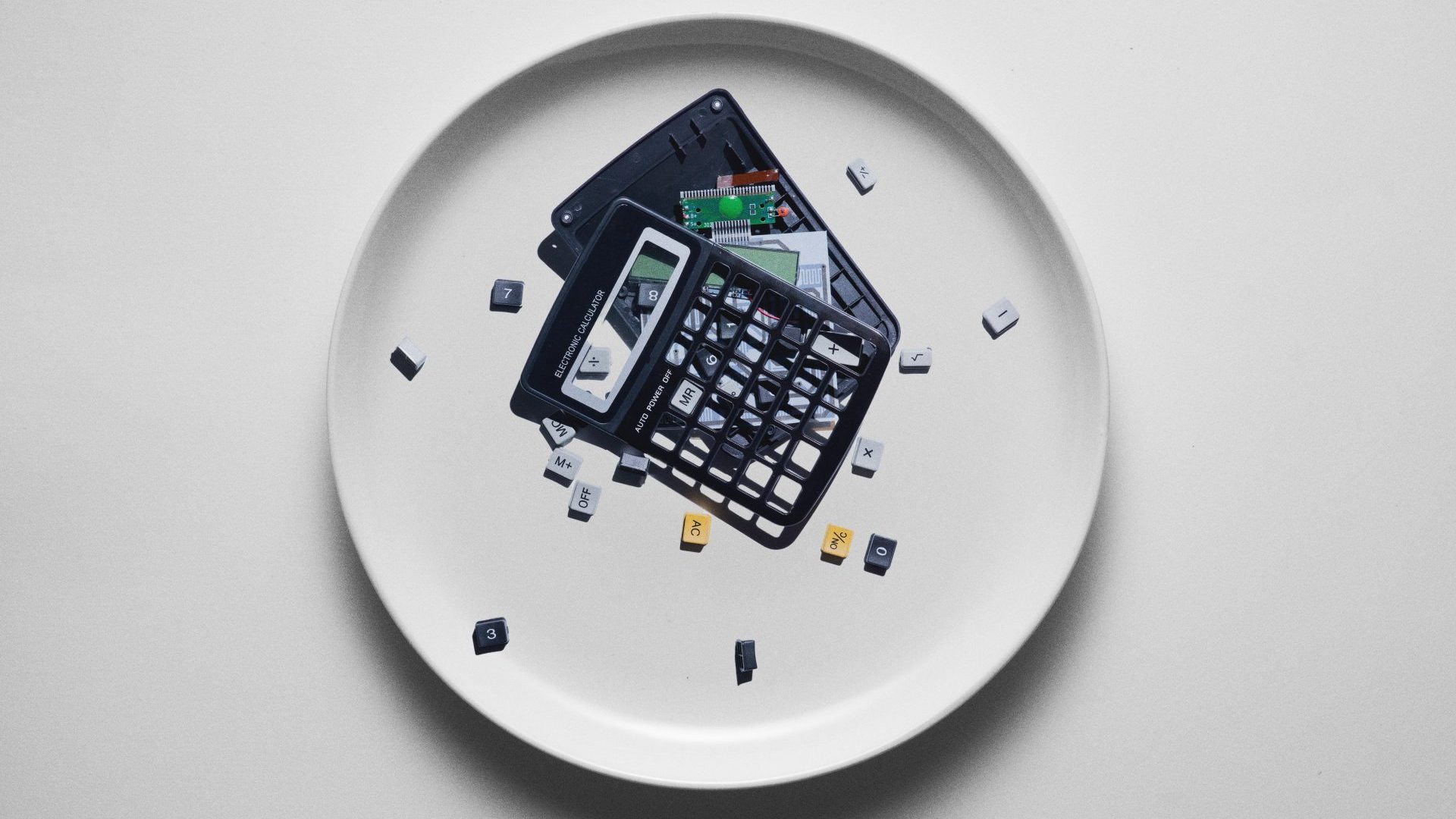Inflation is something of an abstract concept, but its effects are much more concrete: when the price of petrol goes up, drivers notice it. When the food you buy rises in price, almost everyone notices it – it is notable that a measure of when you’ve “made it” in terms of income is when you stop noticing the price of essentials; hence the election-time “gotcha” questions to would-be prime ministers about the price of a loaf or pint.
The UK’s food price inflation is rightly a subject of national attention: prices are now 19.9% higher than they were a year ago, and while inflation – the rate at which things get more expensive – is expected to fall, prices are not. What we are paying for food now is the new normal.
This is manifesting in all sorts of ways. Products are shrinking, perhaps most notably butter – Lurpak and Anchor are now both sold in 200g blocks instead of 250g, so as not to increase the shelf price quite so much. Larger packs now have security tags, as butter has joined baby milk and condoms in the list of worth-shoplifting-to-sell-at-the-pub items. If you have a taste for fancy cheese, expect to now find it in a secure box.
When prices rise, we make theories for why they have done so, and those theories tend to have villains. It is common among opponents of Brexit to assume the UK’s price hikes are partly a result of us leaving the EU. While our decision has had disastrous effects economically, food inflation does not seem to be one of them – food prices in Europe have risen by a comparable amount to the UK.
In fact – perhaps surprisingly – food in the UK is more affordable than it is almost anywhere in the world. This is a very good country in which to buy food, and a quite bad one in which to produce it. The UK’s supermarkets are among the most efficient and ruthless in the world, which drives down their own profit margins as well as those of their suppliers.
Because there was very little fat in the system to begin with, when the prices of commodities increased, the UK industry could do nothing but pass on those increases.
Most of the UK’s food price rises are because of global factors. Russia and Ukraine are both major exporters of wheat, and they are both major exporters of fertiliser. It is therefore completely unsurprising that the conflict caused by Russia’s unprovoked invasion of Ukraine has spiked those prices. It has also, famously, spiked energy prices – and industrial energy consumers did not benefit from the price cap that helped domestic customers avoid the worst of the storm.
Food production is intrinsically energy-intensive – there is no avoiding it. Prices aren’t higher because someone is gouging us. The increases are a problem, but they are done honestly. This is also true of the supermarkets. It is popular on Twitter to cite “greedflation” as the root of our problems, but it is simply not true.
Supermarkets in the UK have for more than a decade operated on profit margins of 5% or less. This is extremely lean for any sector, and requires ruthless efficiency. Most of the UK’s major retailers are publicly listed, which means their margins are a matter of public record. Both public and private analysis suggests those margins have not increased over the last year. It is always easier to hope that there is a villain behind that which blights us – it suggests there is an easy solution open to us. But the reality is that this is just a real problem, caused by world events. We must work out how to deal with it.
Rishi Sunak seems to have hit on the least Conservative solution to food price woes ever considered in mainstream UK politics. He is not only proposing price controls, but he is seeking to make them voluntary – a bizarre communitarian solution that could not be more antithetical to Thatcherism if he tried.
It is a doomed effort: supermarkets already make almost no money on essentials, and there is only so much a public company can do in terms of loss-making activity before they open themselves to a shareholder lawsuit.
Oddly, in this circumstance, Conservative logic would suggest a better solution. It is a matter of faith on the right that people know better than the government how they would like to spend their money – so this Conservative government should have some faith in that.
Even though food in Britain is cheap by international standards, the increase in prices is genuinely pushing families to the brink, including those that previously were just about managing (to borrow a forgotten phrase from the Theresa May era).
The government shouldn’t try to interfere with the price signals the market is sending on food – it should just make sure families have more money to spend. That could come in the form of increased child benefit, increased universal credit, or any one of a number of other routes – but people earning £30,000 or less need help urgently.
In 2020, most families spent 11p of every pound they earned on food. Today that is 14p – and the rest of the essentials have hardly got any cheaper. Any relief we have on energy prices will largely be countered by the withdrawal of government support. Wages are not rising nearly so fast as prices.
Sunak’s much-repeated pledge to halve inflation by the end of 2023 was widely regarded as too clever by half by the policy establishment. At the time it was assumed this would happen on its own – inflation is the mission of the Bank of England, not the government.
It is now expected that the government will miss this arbitrary target that it never should have set itself, further testimony if ever any were needed about Sunak’s perpetual skill for putting his foot in his mouth when it comes to politics.
The headline rate of inflation is not what is going to motivate people at the ballot box, or be what worries them when they check their bank balance. What will worry people is whether they can fill their fridge. On that front, the government is offering nothing.
Both morally and politically, it must step up to the plate.




